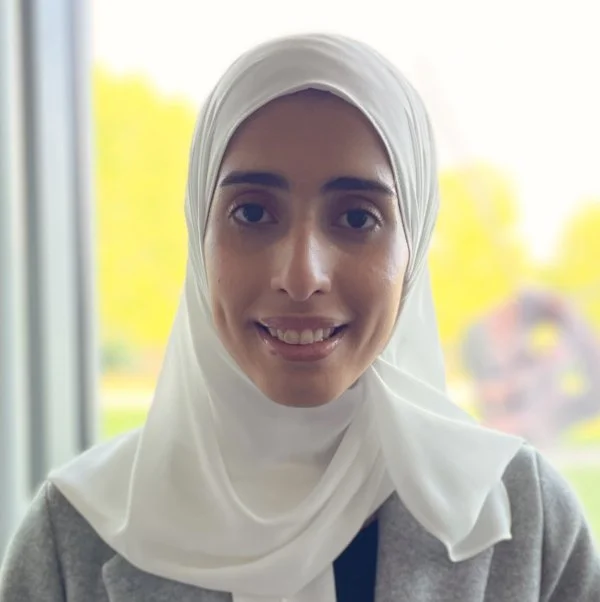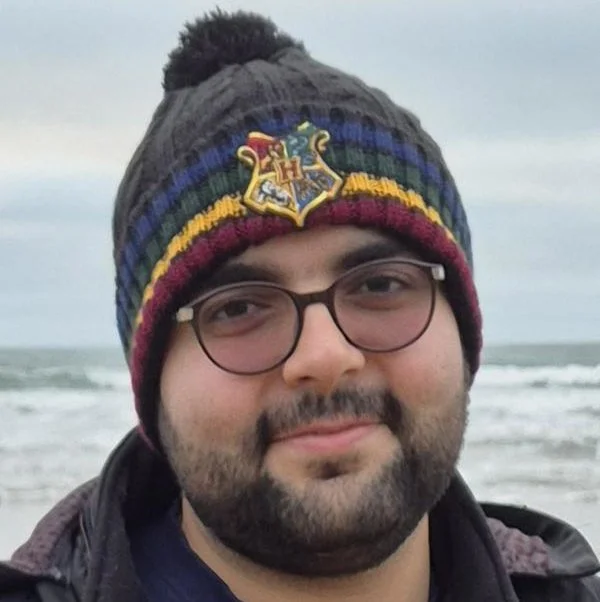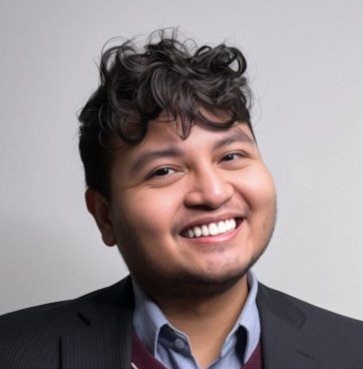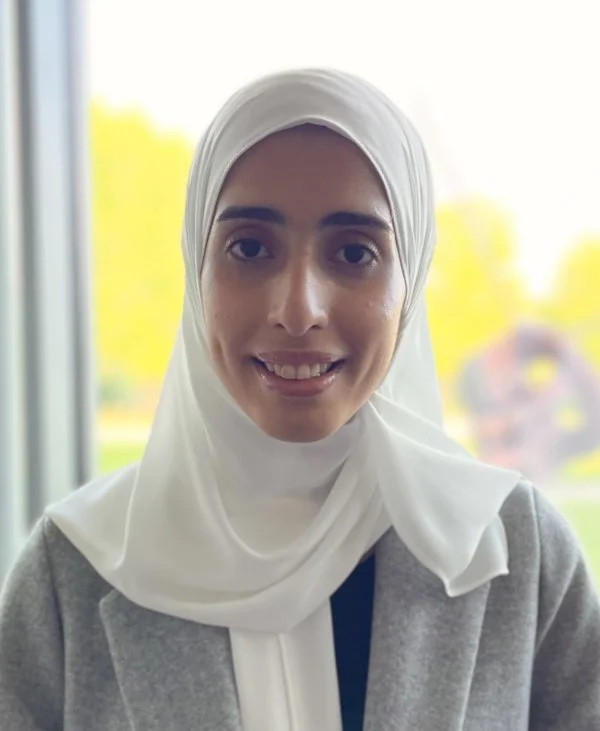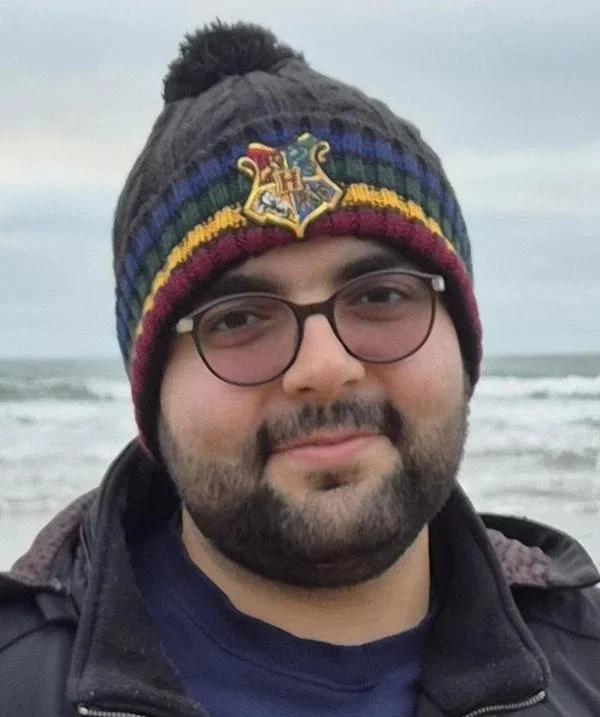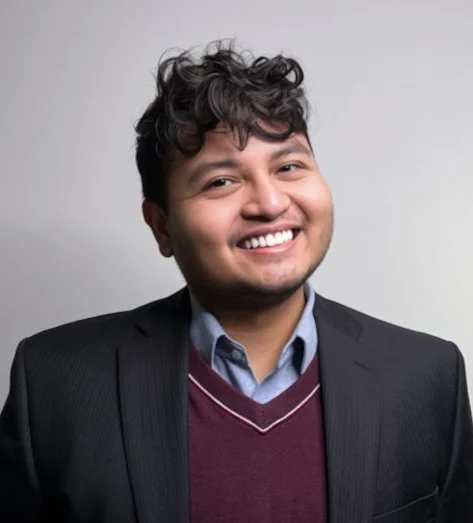Collaboration is at the heart of good research.
Dr Kedgley supervises many talented students, and has had the good fortune of working with some excellent researchers. Dr Kedgley routinely works with physiotherapists, surgeons, medical practitioners, and other engineers, and is actively seeking collaborators for future projects.
click an image to view the full bio
Angela
Hind
Mercedes
Antony
Yumou
Miray
Esma
Dexter
Aliki
Mahdi
The Team
Dr Angela Kedgley is a Reader in Biomechanics in the Department of Bioengineering at Imperial College London.
Dr Kedgley obtained her PhD in Mechanical Engineering from the University of Western Ontario (now Western University) in Canada. While at the University of Western Ontario she worked as a lecturer, teaching orthopaedic biomechanics. She obtained a postdoctoral fellowship from the Natural Sciences and Engineering Research Council of Canada, which provided her with the opportunity to work at the Centre for Hip Health and Mobility at the University of British Columbia.
In 2011 she moved to the United Kingdom and took up a position as a Research Associate in the Department of Bioengineering with the Osteoarthritis Centre of Excellence (now the Musculoskeletal Medical Engineering Centre) at Imperial College London. In 2012 she became a Research Fellow and was awarded an Imperial College Research Fellowship in 2013. In 2015 she joined the department as a Lecturer in Biomechanics.
Angela is a Chartered Engineer, a Fellow of the Institution of Mechanical Engineers, and a Member of the Institute of Physics and Engineering in Medicine and the American Society of Mechanical Engineers. She is also a Fellow of Advance HE (formerly the Higher Education Academy). She serves on the Executive Committee of Hand and Wrist Biomechanics International.
Angela Kedgley, Principal Investigator
Hind is a PhD student in the Department of Bioengineering. Her research focuses on investigating the biomechanics of thumb replacements through finite element modelling, supported by experimental studies. She is passionate about integrating her expertise in bioinstrumentation and computational modelling to advance our understanding of how to better diagnose and treat orthopaedic pathologies.
Before joining the Kedgley Lab, she worked as a Lecturer in the Biomedical Engineering Department at Imam Abdulrahman Bin Faisal University (IAU), Saudi Arabia. Hind received her BSc degree in Biomedical Engineering from IAU in 2018, and her MSc degree in Biomedical Engineering from the University of Michigan-Ann Arbor in 2021.
Hind Alyahya, Doctoral candidate
Mercedes Aramayo Gomes Rezende, Doctoral candidate
Mercedes is a PhD student in the Department of Bioengineering at Imperial College London. Her project is on the biomechanics of the wrist in gymnastics, looking at the loading and range of motion of the joint during handstands.
She completed her MEng (Biomedical Engineering) at Imperial College London, where her final year this formed the basis for her PhD project. Within her undergraduate degree she undertook a year in research, where she worked on a project which led to a protocol for the uniformity of performance during the collection of maximum voluntary contraction tasks for the muscles of the forearm.
Antony is a research associate in the Department of Bioengineering at Imperial College London. He obtained his PhD in the same department; his thesis was titled, ‘Design and implementation of a novel approach to muscle control for in vitro gait simulation’. The project saw Antony implement a kinematics-driven control system for gait simulation.
Antony is continuing to work on in vitro gait simulation to evaluate foot and ankle kinematics and kinetics, and is looking to implement his control system for clinically-relevant investigations. Alongside this he is facilitating research using the simVITRO® system for spine and knee simulation.
Before joining Imperial College London, Antony completed an integrated MEng (Hons) undergraduate degree in Medical Engineering at the University of Surrey. During this, he undertook an Industrial placement year with GlaxoSmithKline.
Antony Crossman, Postdoctoral research associate
Yumou is a PhD student in the Department of Bioengineering at Imperial College London. She is currently working on the study of thumb carpometacarpal osteoarthritis, aiming to develop an effective model for the trapezium-metacarpal joint.
She completed two Masters degrees at Imperial, in Biomedical Engineering (MSc with Distinction) and General Structural Engineering, where she investigated biomechanics of wrist and mechanics of various structures. Her Bachelor’s degree of Civil Engineering was obtained from Wuhan University, China.
Yumou Han, Doctoral candidate
Esma is a PhD student in the Department of Bioengineering at Imperial College London.
Esma completed her Bachelor’s degree in Physical Therapy and Rehabilitation at Dokuz Eylül University, Türkiye. She obtained her first MSc degree in Physiotherapy and Rehabilitation in Türkiye, where she investigated the relationship between posture and sexual function in postmenopausal women.
As her interest in technology increased and she was awarded an education scholarship given by the Ministry of National Education of the Republic of Türkiye, she completed a second MSc degree in Biomedical Engineering at the University of Strathclyde. Here, she developed a rehabilitation protocol proposal for soft robotic gloves.
Esma Hidayet Lüleci, Doctoral candidate
Miray is a PhD student in the Department of Bioengineering. Her PhD project explores the orthopaedic biomechanics of children with neurodisability, including cerebral palsy. She aims to evaluate and improve the effectiveness of assistive devices in providing weight-bearing for better bone health.
Miray comes from a mixed background of Medicine and Biomedical Engineering. She completed her Bachelor’s degree in Biomedical Engineering at Imperial College London and is undertaking her Bachelor of Medicine and Bachelor of Surgery at Cardiff University. During her medical degree, her award-winning research which looked at bone health in children with neurodisability led to novel findings updating clinical guidelines.
Miray Kirollos, Doctoral candidate
Mahdi is a third year PhD student in the Department of Bioengineering at Imperial College London. Currently, he is developing a physiological wrist-hand simulator that includes multiple extrinsic and intrinsic muscles. This will be utilised in simulation of injuries and pathologies and investigation of the effects of surgical repairs on kinematics and kinetics of the hand and wrist. He is also investigating the neuromuscular motor control of the hand during activities of daily living.
Before joining Imperial College London, Mahdi completed a BSc and MSc in Mechanical Engineering at Sharif University of Technology in Iran, focussing on the fields of movement analysis, orthopaedic biomechanics, musculoskeletal modeling, and occupational biomechanics. During his BSc, he worked on a new implant-less ACL reconstruction technique. During his MSc he developed a prediction model for 3D whole-body posture, bilateral ground reaction forces, spine muscle forces, and joint loads during manual lifting activities using machine- and deep-learning.
A list of Mahdi’s publications can be found on Google Scholar.
Mahdi Mohseni, Doctoral candidate
Aliki Statiri, Doctoral candidate
Aliki is a PhD student in the Department of Bioengineering at Imperial College London and is enrolled in the EPSRC CDT for Prosthetics and Orthotics programme. She is currently working on developing a dynamic shoulder support for stroke rehabilitation.
Before joining the Kedgley group, Aliki completed her MEng in Biomedical Engineering at Imperial College London, where her final year project was to assess how mechanical stressors affect osteogenesis of stem cells.
Dexter Zamora, Doctoral candidate
Dexter is a PhD student in the Department of Bioengineering. His PhD aims to advance understanding of knee ligament biomechanics and apply these insights to improve total knee arthroplasty. He collaborates closely with Imperial College spinout Smart Surgical Solutions (S3) to inform the design of its ligament balancing tool for clinical use.
Dexter completed his MASc (Mechatronic Systems Engineering) at Simon Fraser University in Canada. His thesis focused on developing a broadly adoptable experimental-computational pipeline for preclinical experiments on traumatic spinal cord injury (tSCI). He also completed a research placement during his undergraduate studies focused on the finite element analysis of tSCI.
Dexter’s publications can be found on Google Scholar.
Collaborators
Mr Maxim Horwitz, Trauma & Orthopaedic Hand Surgery, Chelsea & Westminster Hospital, London
Professor A.M.J. Bull, Musculoskeletal Biomechanics, Imperial College London
Alumnae
Research Associates
Maedeh Borhani, 2015-6
Benjamin Goislard de Monsabert, 2014-6
Christopher Phillips, 2016-7
Darshan Shah, 2017-2018
Reza Sharif Razavian, 2018
Valeria Mondini, 2019
Vasiliki Vardakastani, 2018-20
Oluwalogbon (Lobby) Akinnola, 2019-20
Mai Katakura, 2019-20
Wan Rusli, 2019-21
Antony Crossman, 2025-2026
PhD graduates
Siti (Aida) Ismail, 2013-7
Darshan Shah, 2013-7
Vasiliki Vardakastani, 2014-8
Chia-Han (Marvin) Yeh, 2015-9
Wan Rusli, 2015-9
Oluwalogbon (Lobby) Akinnola, 2016-20
Letizia Gionfrida, 2018-22
Norazian Abd Razak, 2019-24
Taiwo (Tai) Kelani, 2019-24
Kiatbodin (Sun) Wanglertpanich, 2020-24
Antony Crossman, 2021-2025
MPhil graduates
Devi Devanand, 2019-24
MRes graduates
Vasiliki Vardakastani, 2014
Roberta Quarshie, 2015
Seth Odoom, 2015
Darryll (Chris) Mussett, 2017
Anna Rydlova, 2018
Taiwo (Tai) Kelani, 2019
Tianchi (Parco) Wu, 2020
Pengyu Li, 2021
Violeta Georgieva, 2021
Peter Mazzey, 2022
Eshan Kshatriya, 2025

